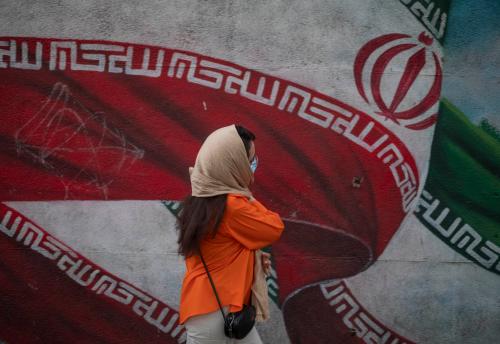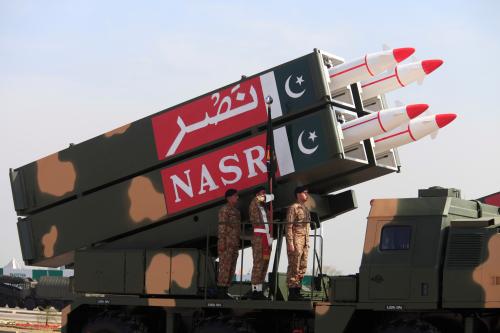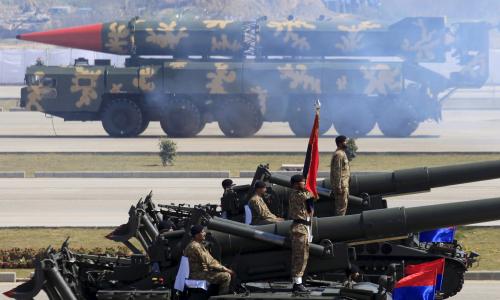In an interview in Delhi around the time the Indo-U.S. nuclear deal cleared its last hurdles in the U.S. Congress and was signed into law by President George Bush last week, Stephen Cohen dwells on the Indo-U.S. nuclear deal, the China context around the deal, and how precarious he thinks the Pakistani democracy is.
Jyoti Malhotra: You’ve been coming to India for several years now. Can you tell us how it was then and now?
Stephen Cohen: I first came to Delhi in 1963. We’re sitting in the India International Centre and not too far from us there were wild leopards running around. So I’ve seen Delhi grow, India being transformed. Till about 1992-93, there wasn’t much change, everything seemed familiar. From 1992-93 onward, the change accelerated and India entered into a series of revolutions.
Malhotra: This coincided with the economic reform?
Cohen: Yes, also social reform, social and economic transformation. The Congress party lost power. The way I characterize it, India was undergoing five or six revolutions at the same time. One was the economic revolution, another in foreign policy, no longer non-alignment, a class transformation, a caste revolution… Mayawati is the chief minister (of Uttar Pradesh), something I would have never expected or understood when I was here in 1963.
Malhotra: You’ve overseen in a sense the transformation of the Indo-US relationship. Two countries which barely spoke to each other in the 1960s, to a very strong and vibrant relationship today…
Cohen: I go back a little before that. In 1962-63, there was a US military aid programme to India and we were backing India against China. The Americans were very gung-ho about India, but the Indians were somewhat lukewarm about America and both of us were undecided about China. In a sense, history is repeating itself. Both of us are united strategically today, concerned about China’s rise, ambivalent about a growing China, but in both countries I think there’s a more mature understanding of the possibilities of cooperating as well as competing with China.



Commentary
In the U.S., Even Those Against the Nuclear Deal Like India
October 13, 2008